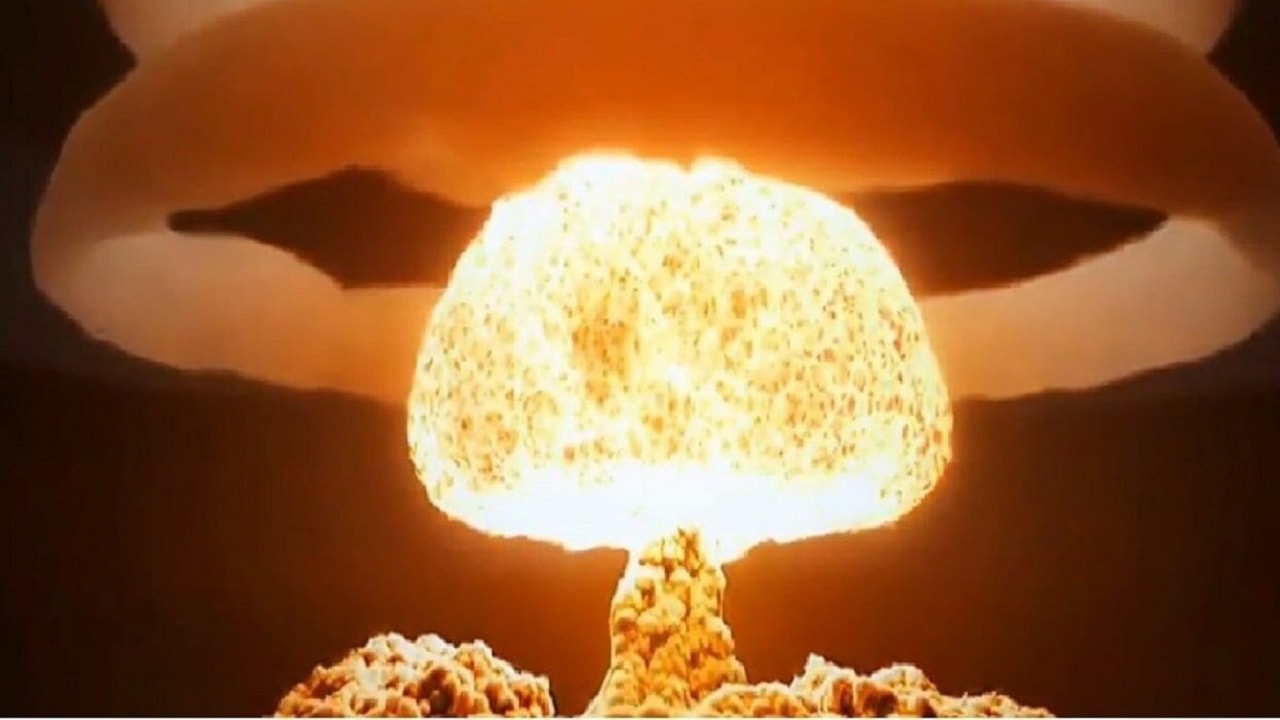It is believed that Iran could produce enough fissile material for one nuclear bomb in under two weeks, according to senior U.S. defense officials. This week, Under Secretary of Defense for Policy Colin Kahl told the House Armed Services Committee that Tehran’s proximity to achieving nuclear capabilities has rapidly increased since former president Donald Trump’s withdrawal from the 2015 Joint Comprehensive Plan of Action (JCPOA).
Kahl’s warning coincides with the United Nations assessment that Iran has enriched uranium to nearly weapons-grade levels at the Fordow Fuel Enrichment Plant underground facility. In his remarks, the Under Secretary reaffirmed his belief that a revived nuclear program could resolve Iran’s “remarkable” progress.
However, the years-long nuclear talks in Vienna stalled in 2022 and Iran has violated previous treaty obligations. While Iran’s progress on the nuclear front is alarming, U.S. officials still believe the regime does not possess the technology needed to actually build a bomb.
How Much Enriched Uranium Does Iran Need for a Bomb?
In order to make a nuclear bomb, uranium particles have to be enriched up to 90 percent purity. This week, the International Atomic Energy Agency (IAEA) confirmed that uranium particles enriched in Iran’s FFEP underground facility reached more than 83 percent purity.
Although low-enriched uranium can be repurposed to produce fuel for commercial nuclear plants, higher enriched concentrations can be manipulated by centrifuges to have nuclear uses once it has been refined. According to Iran Watch, Tehran has upgraded its centrifuge models, increasing the concentration of materials needed to produce a weapon.
The regime has long claimed that its nuclear activities are purely “peaceful” and for civilian purposes, however, Iranian scientists have been publicly enriching uranium to 60 percent purity in violation of the 2015 JCPOA and at a much higher rate than previous enrichment.
Iran Has Been Openly Defying IAEA Regulations
Tehran has a history of refusing to comply with IAEA regulations. Despite the Vienna nuclear negotiations, which were ongoing this summer, Iran announced that it would be removing over two dozen surveillance cameras from its nuclear facilities in a direct blow to the IAEA. The international watchdog’s 35-nation board of governors condemned Iran’s blatant disregard for the organization’s regulations. In fact, the regime had been withholding footage from the IAEA since the onset of the Vienna talks in an attempt to gain leverage in the negotiations.
Is a Nuclear Deal Still on the Table?
Iran’s rapid expansion of its nuclear efforts combined with its lack of inspector access supports Under Secretary Kahl’s warning that Iran is just days away from crossing the nuclear threshold. Last April, the White House announced that Iran’s nuclear breakout time was only weeks away and similarly blamed the Trump administration for pulling out of the JCPOA.
President Biden has championed rejoining the nuclear treaty since his campaign run, and Iran knows this. Kahl restated the Administration’s commitment to the treaty this week, telling the House Armed Services Committee that if the U.S. “could resolve this issue diplomatically and put constraints back on their nuclear program, it is better than the other options.
But right now, the JCPOA is on ice.” In addition to Iran’s ramp-up of uranium enrichment, the regime is in the hot seat for supplying the Kremlin with lethal drones in its invasion of Ukraine.
The IAEA’s latest findings will likely prolong the revival of negotiations in Vienna.
MORE: B-21 Raider: China Should Fear America’s New Stealth Bomber
MORE: H-20: China Is Building a New Stealth Bomber
MORE: Is Russia’s Su-57 Felon Stealth Fighter a Total Bust?
Maya Carlin is a Middle East Defense Editor with 19FortyFive. She is also an analyst with the Center for Security Policy and a former Anna Sobol Levy Fellow at IDC Herzliya in Israel. She has by-lines in many publications, including The National Interest, Jerusalem Post, and Times of Israel.

